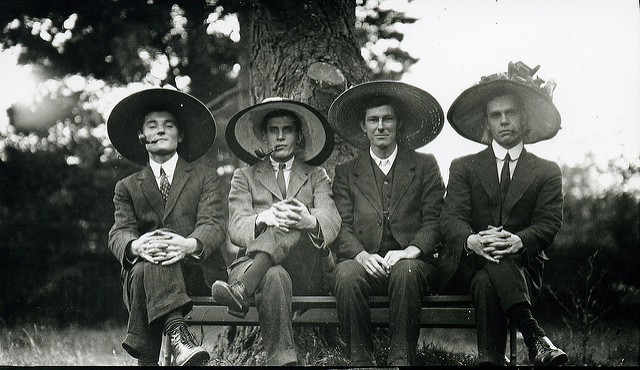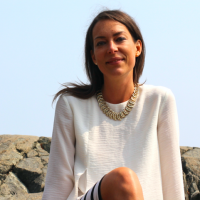
Men, too, have a scared and wounded inner child in need of healing. I think we have forgotten that.
The work of Brene Brown inspires me; one of her biggest findings is that we need to learn how to be vulnerable if we wish to find connection and happiness. But, what if we don’t know how to do this and were never taught it? What if we never even understood what vulnerability meant? How are we then to achieve deep connection with others or ourselves?
In my experience, most men don’t know what vulnerability means, let alone how to express it. They were never taught it, and in fact have been modeled the exact opposite.
In Dr. Gabor Mate’s research (a famous doctor and activist for the healing of addiction), he shows that addicts are basically people who are craving connection but are too afraid or wounded, or don’t know how to find it in other humans, animals or nature—so they choose a substance for their connection instead.
The interesting thing is that over 70 percent of addicts are males.
Studies show that it is normal for men to begin drug use at an early age, to abuse drugs more regularly (especially tobacco and alcohol) and to engage habitually in nights of binge drinking.
Although we have come a long way from telling our boys, “Men don’t cry,” subtle underlying belief systems in our culture still negatively influence men’s lives. For example, men feel if they show more than a modicum of emotion they will be looked down upon, seen as week and unable to hold a leadership role.
In actuality, vulnerability (meaning the expression of our authentic selves) is one of the bravest and strongest things we can do.
Many men are still afraid to talk to others about their feelings and often it is only with their partners that they feel safe enough to show their real selves. Even in partnership we complain that men don’t share enough of what they are experiencing, but can we blame them?
For centuries they have been attacked for showing themselves anything but hard and firm. I believe the feminist movement has affected men too, as many have felt personally criticized for the suppression of women. We need to realize, however, that men did not do this alone; it was the agreement of our society as a whole.
In the feminist movement we forgot something. We forgot our men.
They got trampled on and pushed aside and many of us claimed that they already had years of empowerment through patriarchy and needed to be taken down.
But we misunderstood. Patriarchy (a male-driven society) does not equate to an empowered male; it equates to men taking on a specific and marginalized role—that of the wounded warrior.
This seemingly superior role does not allow for the masculine to have a broad spectrum of feelings, and it puts pressure on men to be the more successful and stronger ones: The Providers.
But behind the successful male there is often a great amount of silent suffering.
Things are changing, but I think we need to become more conscious that our men need healing too.
Just because they may be conditioned not to voice it, doesn’t mean that this society we live in isn’t isolating for them.
I believe in feminism. I work for it every day. To me, this means striving toward a reality where each individual has the opportunity to be an equal.
Women have been working so hard for so many years to heal from the generational suppression and persecution we faced. Our healing must go way back to include even the witch hunts that began in the 1500s, where one million women were murdered primarily because they were female.
We’re doing it. Women are healing and realizing what it feels like to be empowered. I believe that now is the time for us to share this experience—for our men to feel wholeness too.
I sense it with the males I know. I feel it in the conversations we have that have gotten more expansive and honest. I understand from them they would like to know how to deeply connect with their fellow humans; they are craving it.
But how does this happen when generations of cultural conditioning never modeled this for them?
Maybe we begin by having discussions about it. Dialogue is a powerful way to shift our belief. These would be conversations where we could inquire about men’s feelings underneath the roles they play.
Can we allow our men to be tender, soft, vulnerable and open and still respect them? Because they now need us to. We must open to a new male coming into our world. He might look different than our socially-conditioned expectations, because this masculine will feel.
It is crucial for us to get on equal ground for healing. For humankind to move forward, we need to do so from a place of oneness. We must remember that power does not equal empowerment, and that empowerment actually comes when we harness the ability to be free. Our limiting beliefs about the masculine have not empowered anyone.
To embrace the healing of our men, we need to reach out and care about their struggle. They need comfort and restitution just as much as we did and do.
~
Author: Sarah Norrad
Image: Blue Mountains Local Studies/Flickr
Editor: Toby Israel
~










Read 1 comment and reply